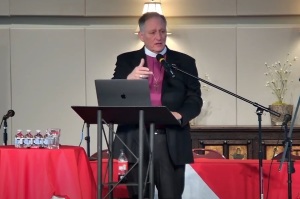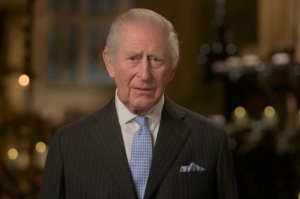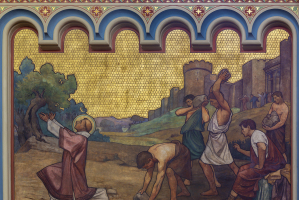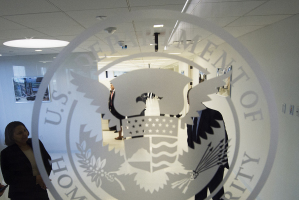Pakistani Textbooks Teach Religious Intolerance, Increases Extremism
A new report sponsored by the U.S. Commission on International Religious Freedom (USCIRF) states that textbooks teaching intolerance towards religious minorities in Pakistan would increase the “likelihood that violent religious extremism would continue to grow in that country.”
The study was conducted by the International Center for Religion and Diplomacy (ICRD). The study found that continued biased teaching in Pakistan’s public schools as well as in madrassas, private schools, produced a negative portrayal of religious minorities. This bias led to discrimination and in some cases, violent acts.
The researchers looked at 100 textbooks for students in the first through tenth grades.
Christians are the largest religious minority in Pakistan with over two million people, comprising just over two percent of the total population. And attacks against Christians are not uncommon.
Over the past several decades there have been countless documented attacks of Christians in Pakistan. Most notably in March 2011, Shahbaz Bhatti, the only Christian in Pakistan’s cabinet, was assassinated because he criticized Pakistan’s blasphemy laws.
One of the major contributing factors of such negative feelings towards Christians in the Muslim dominated country is due to the fact that many teachers view non-Muslims as “enemies of Islam” which furthers resentment that leads to religious minorities being socially and politically marginalized, according to the report.
Pakistan became an Islamic republic in 1956. This led to a mass exodus of both religious and native minorities to India, however, Christians stayed. They were able to open universities, schools, hospitals and of course churches.
The Pakistani constitution prohibits any non-Muslims from becoming President or Prime Minister. It also denies any non-Muslim the opportunity to serve as a judge of the Federal Shariah Court, which has the power to strike down any law that it deems against Islam.
USCIRF chairman Leonard Leo said,” Teaching discrimination increases the likelihood that violent religious extremism in Pakistan will continue to grow, weakening religious freedom, national and regional stability, and global security.”
The report also stated that any significant change to what is taught by the teachers “would be met with strong opposition” by religious conservatives.



























